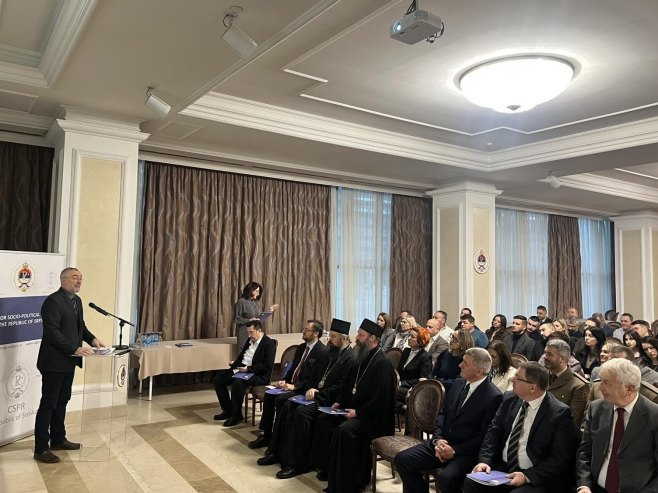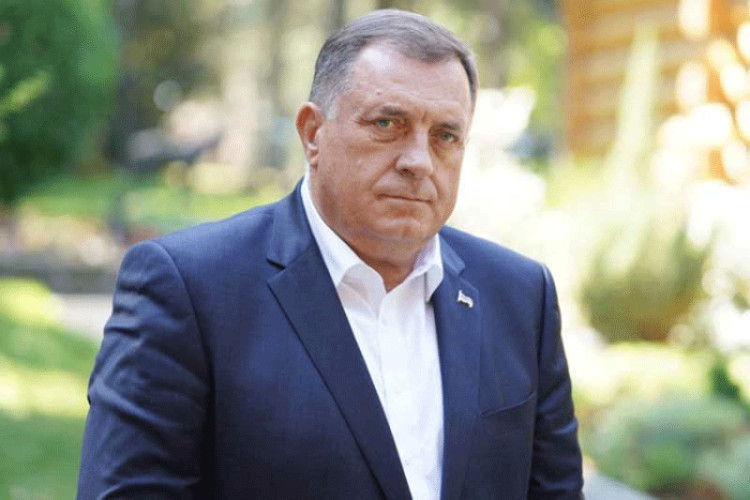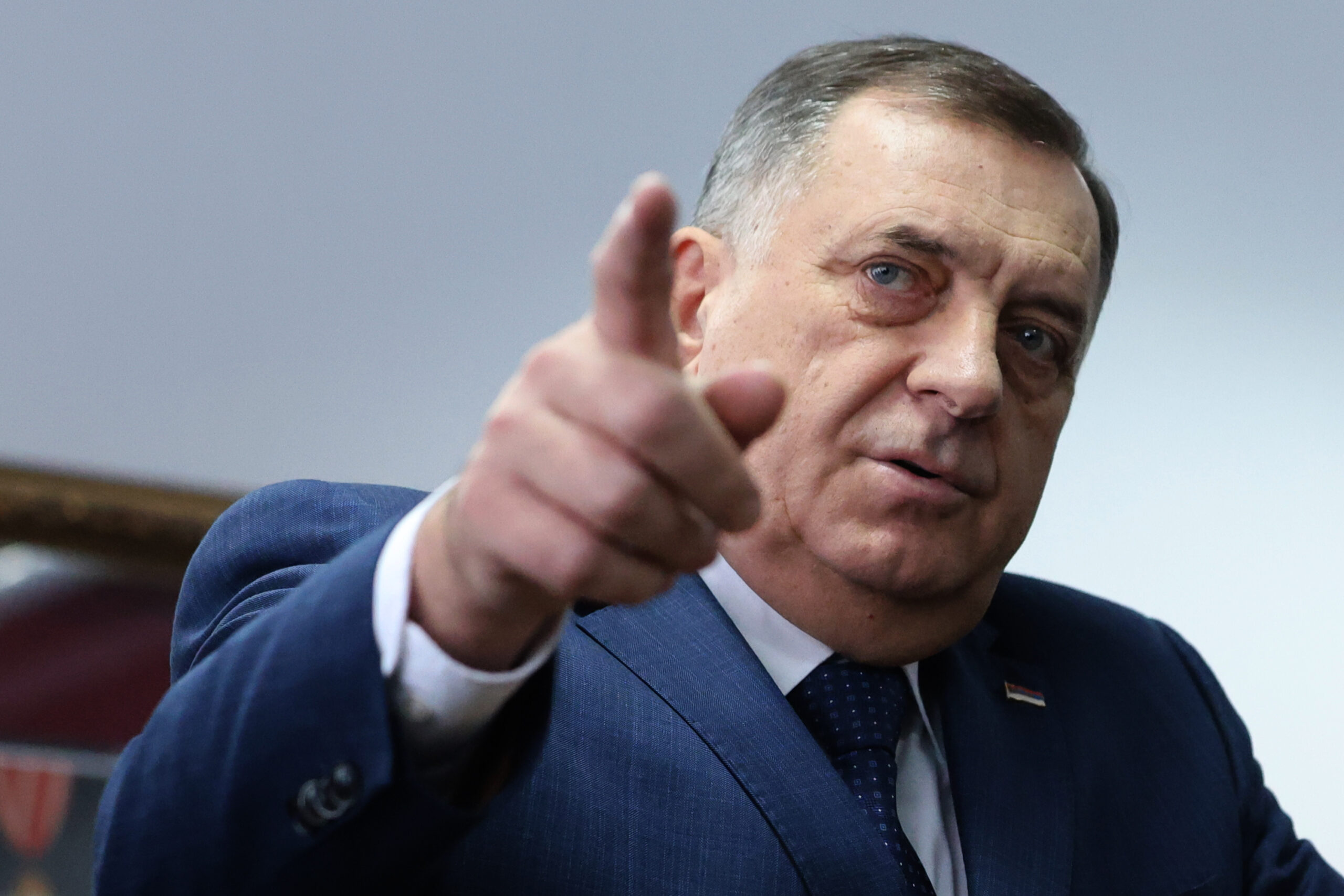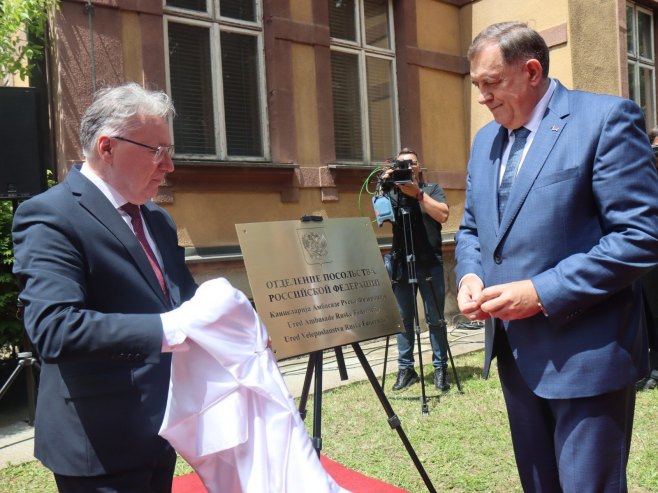The head of the BiH Mission to the EU, Obrad Kesić, stated that forces in Europe that are more open towards the Serbian people, Serbia, and Republika Srpska are growing, emphasizing that Hungary is no longer alone in this regard.
- “Hungary’s significant role as a strong partner with Serbia and Republika Srpska is very important. We didn’t have this 20 years ago, and now there is significant understanding from the new government in Slovakia for the position of the Serb people, not only in Republika Srpska in BiH but also in Kosovo and Metohija,” Kesić highlighted.
Kesić pointed out that even the left-wing leader in France has stated that Serbia should not accept the West’s hypocrisy, which demands that it give up its territorial integrity.
- “Austria, as a partner, is not only positive but also very constructive in every respect. It supports the Western Balkans in general but has a specific relationship with the Serbian people, viewing them differently than before,” he said.
Kesić believes that the current perspective is more positive and that there is greater understanding of why there is so much frustration when Republika Srpska warns that the Dayton Peace Agreement is not being respected, that Republika Srpska is constantly under threat, and that foreigners, especially from the US and certain Western European countries, impose their vision of what BiH should be.
“This approach closes every possibility for an agreement between the three peoples and two entities,” Kesić added.
Reflecting on the rise of sovereigntist and anti-globalist forces in the European Parliament, Kesić said that the overall situation in Europe indicates that populist movements will be successful, not only in this election cycle but also in future ones, opening up new perspectives.
- “It is very significant to note that Hungarians are not alone in speaking on behalf of the EU, as emphasized by Hungarian Prime Minister Viktor Orbán. We already have one of the leaders, Robert Fico, who has stated that he not only supports the initiative to fight for peace and to end this tragic war in Ukraine but also generally does not share the worldview being formed out of Brussels,” he said.
Kesić emphasized that there are other leaders and countries that are not entirely satisfied with the current order and what is being imposed on them.
- “The period where the West was dominant in political and economic terms has come to an end. This is a multipolar world, and in this context, the message coming from Hungary is very important to hear, but we see that dissatisfaction with globalist politics and ideology is not confined to Hungary alone,” he stressed.
Kesić pointed out that the growing popularity of populist and nationalist movements in Europe is driven by dissatisfaction with the economic situation, a sense of insecurity due to the large influx of migrants, and a policy that constantly calls for NATO expansion and Western dominance in military, economic, and political terms.
- “Ordinary people are tired of seeing huge sums of money being spent while their lives are getting harder. These three elements indicate that populist movements will be successful, not only in this election cycle but also in the future,” he said.
Kesić found it unacceptable what was seen recently in France, where the local left agreed with President Emmanuel Macron’s party to prevent the rise of the right and populist forces.
- “This will no longer be an option in a few years,” Kesić concluded, noting that the boundaries have already shifted.
Source: RTRS









